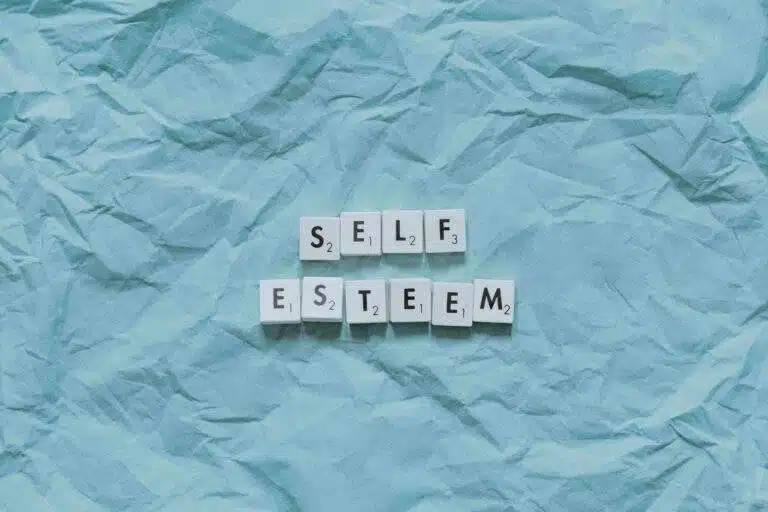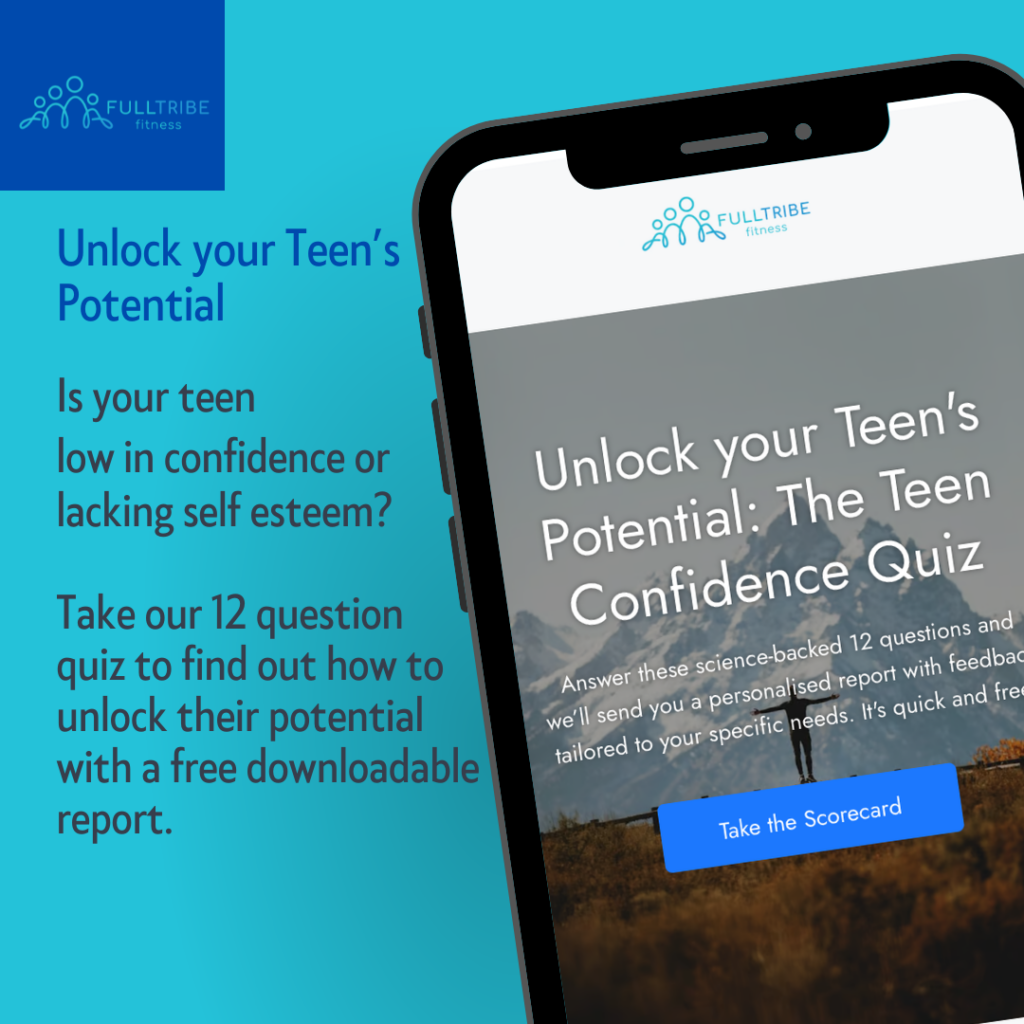3 Tactics To Be The Most Emotionally Regulated Person In The Room
This article outlines 3 of the best tactics you can take to be highly emotionally regulated and remain in control in any room.
Do you have that friend or family member that every time you speak to them about a problem you walk away feeling better, more relaxed and clearer headed?
What about the person that you speak to where you end up being more frustrated and angrier than before you came to them?
We’ve all experienced it.
The ones who pass judgment, the ones who you don’t feel like they’re listening and cause more drama. People who are always quick to offer their opinion or tell you about their ‘way-worse’ problem and want their voice heard over yours.
This is NOT a sign of a someone who is emotionally regulated.
But imagine if this is you…
The one that no one wants to talk to, or the one that gets characterised to be part of the ‘chook pen’ or ‘drama llamas’ (scientific terms…). It doesn’t matter if it’s at work, a friend, or your family. Do you think that will help anyone’s problem?
Not really.
What Is Being Emotionally Regulated?
According to the Cornell Research Program, ’emotional regulation’ can be termed as a term generally used to describe a person’s ability to effectively manage and respond to an emotional experience.
“Love is putting someone else’s needs before yours.” – Olaf, Frozen
Why You Need To Be Emotionally Regulated
Others feed off your energy and calmness and will only explain, divulge and speak openly when they can feel that. It’s also crucial as a parent and family member to be setting the example that highly emotional and chaotic thinking will create a foggy mind and rocky decision-making.
Being present and in the moment will allow you to stay in control of more than one situation. Whether it’s in the office during intense business meetings, your kid is screaming at you or being able to listen to the latest gossip from your friends, these techniques below will allow you to regulate your emotions and be the go-to person for the big moments.
Those you who can emotionally regulate emotions incredibly well are known as ‘high-performers’ and are heavily sought out. This could be the difference between that promotion at work, teaching your kids vital skills to perform well at school or being able to decide ‘make it or break it’ decisions.

The Two Most Underrated Qualities
If there are two values which are underrated, they are empathy and patience. Both go hand-in-hand when listening, acknowledging and responding to a situation. Particularly, if you want yourself and your family to manage their emotions.
If these are part of your values, then you can well and truly establish strong emotional boundaries to help you stay control in emotional times. However, they aren’t the whole package, there is more to being someone who can be shoulder to cry on or be a punching bag for wild vocabulary, but there is much more to it.
I outline how the skills can be practical in A Case Study on Communication and Neglect.
3 Tactics For Emotional Awareness
Listen without judgement
Don’t jump to any conclusions and just listen. This may be difficult for many of us, particularly if it’s someone important to us. If you allow yourself to sit back, listen and take in the information from many perspectives, you may come to realise the reasons why someone has made the decision.
Don’t fix the problem
Don’t assume that you know the answer and even if you do, just say something like “tell me more” or “that must be hard”. Most cases people just want to be heard. They don’t necessarily want your wise advice on how to solve their own problems. It comes back to the same thing as before, how well can you listen.
Don’t get involved in drama
Parties are fun until the gate crashers arrive, so don’t invite yourself in uninvited. The more people involved in the drama, the greater the issue gets. It is best to keep an arm’s distance from the issue and look at it from a zoomed-out perspective.
How To Be An Expert
Before you go ahead and start putting yourself in highly stressful situations and expect yourself to be neutral and entirely emotionally aware. Understand that this takes practice. Through practicing these techniques, being conscious in these conversations and remove your ego you will become highly regulatory with your emotions.
As part of our ‘Functional Health Program’ at Full Tribe Fitness we have a whole module that is dedicated to emotional regulation, mindfulness and communication skills.
If you practice these three skills and show patience and empathy, watch the difference it makes to your intelligence, how you emotionally regulate being a role model for communication skills.
If you want to join our ‘Functional Health Program’ to create health freedom and regulate your emotions, simply email [email protected] and write “EMOTIONALLY REGULATE” and we will get back to you.
Until next time,









